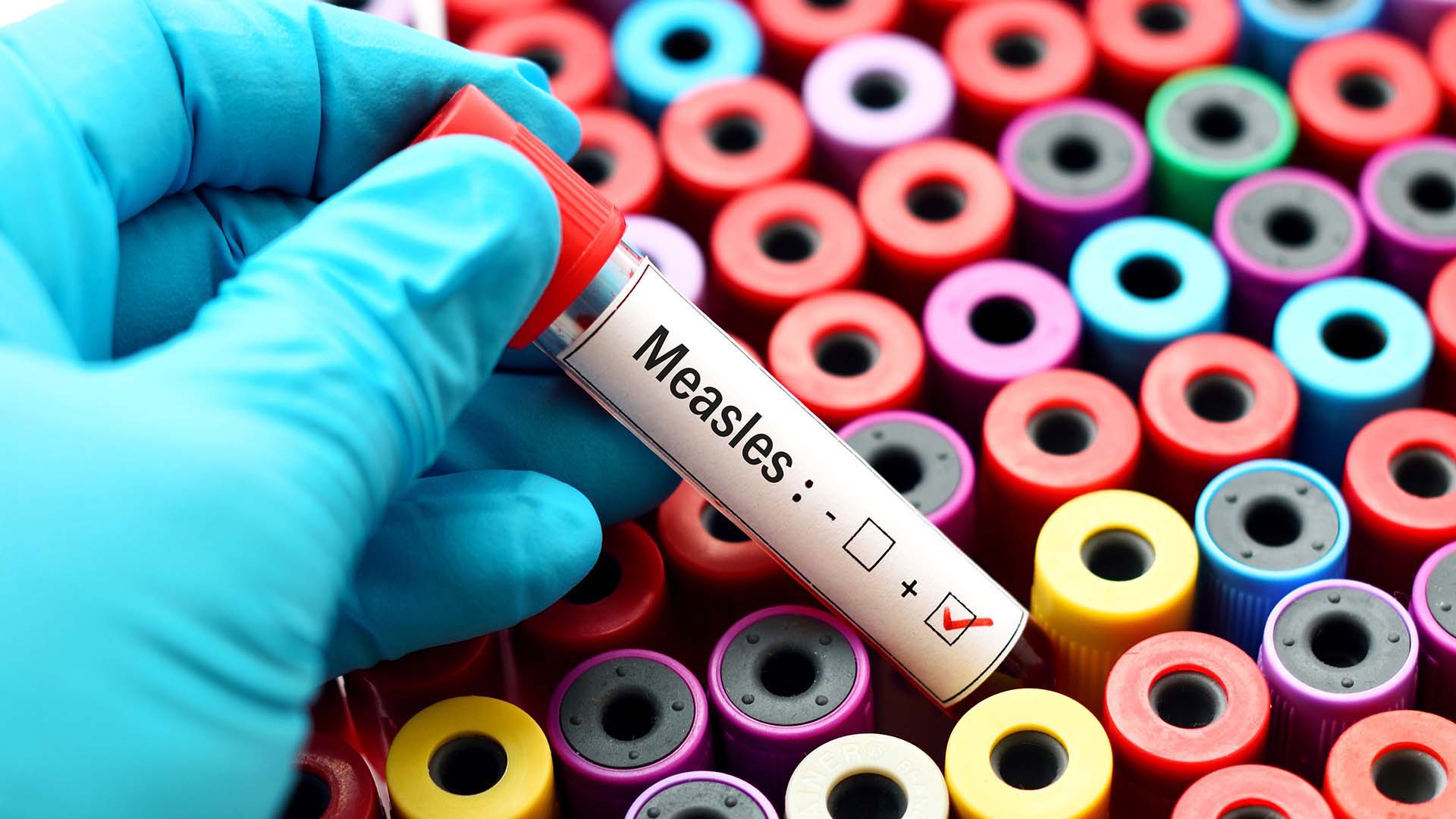The great American sleep crisis
Millions are not getting enough shut-eye, and it’s taking years off their lives.

Sleep, apparently, is for wimps.
Today, pretty much everyone recognizes the benefits of a good diet and regular exercise. And in recent years, mental health has also been taken much more seriously. But the importance of a good night’s rest? Not so much. Around 40% of Americans do not get enough sleep, despite clear evidence that it leads to an “unambiguous and consistent pattern of increased risk of dying.”
So why are we so bad at hitting the sack? In short, because it’s not a priority. “Studies show that between 50 (million) and 70 million Americans currently struggle with some form of sleep disorder,” says Kelsey Asplin, Naturopathic Doctor and Integrative Heath Professions lecturer at Metropolitan State University of Denver. “But most people don’t think it’s a big enough deal to seek help. We place so much focus on what happens when we’re awake yet completely devalue what happens when we’re unconscious – and that’s dangerous.”
Fighting sleep
Want evidence of how dismissively we treat sleep? Just consider the extent to which Americans still celebrate the cliché of the driven politician or business leader who gets by on 4 or 5 hours of sleep a night. Wow, we think. No wonder they’re so successful.
However, imagine if those glowing magazine profiles said: “Mr. Politician is so busy working 20-hour days that he lives almost exclusively off junk food.” Or “Ms. Business Leader is so committed to her career that she hasn’t done a lick of exercise in 30 years.” We’d be justifiably horrified. But somehow, skimping on sleep is still seen as kind of OK.
That’s because many of us still view sleep more as a necessary annoyance than a critical element of good health – and fight against it. “People generally know when they haven’t slept enough,” Asplin points out, “because they can’t help but notice their mood changes, unclear thinking and sluggishness. But then they grow so accustomed to feeling this way – and just powering through with coffee and stimulants – that it simply becomes the new normal.”
Screen time

Which raises the question: How are so many people getting their sleep habits so wrong? Apparently, it’s mainly down to bad preparation.
“What really counts are the practices people engage in during the 1 to 2 hours before bedtime – what I call sleep hygiene,” Asplin says. “And unfortunately, millions of Americans spend this supposed downtime binge-watching TV (often in bed), scanning social media or playing video games.”
That’s a huge problem because a screen’s ambient light suppresses the production of the sleep hormone melatonin, which everyone needs for a deep, restorative sleep. Basically, all that late-night gawking at screens is telling your internal body clock that it’s still the middle of the day.
Health risks
“OK,” some people might say, “so I don’t get enough sleep. How much damage can it really do?”
|
5 tips for catching more Zzzzs1. Avoid zeitgebers. Environmental cues such as light, food and physical activity can reset your biological clock. Light pollution is particularly unhelpful: At lights out, you should not be able to clearly see your hand a foot in front of your face. 2. Alcohol is not a sleep aid. It prevents you from entering into a deeper, restorative sleep. 3. Start relaxing an hour before bed. Read a book, take a bath or do whatever helps you wind down. Consider this pre-bed period a gift to yourself. 4. Take time to make time. When people say they’re too busy or stressed take a nap, they have it the wrong way around. Engaging in restorative practices will leave you better prepared to tackle work and other stressful tasks. 5. Don’t use your bed during the day. It teaches your brain that the bedroom is a social place meant for activity. The bottom line: Your bed should be purely for sleep and sex.
|
|
Asplin’s answer: much more than you’d think. “Your body does most of its critical growth and repair during sleep – fixing damaged tissue, supporting proper growth and recharging the immune system,” she says. “You can’t overstate its importance.”
Another factor: We produce cortisol – a stress hormone – when we’re awake. Insufficient sleep means too much cortisol, which over time can lead to a bumper crop of unwanted results: diabetes, cardiovascular disease, thyroid dysfunction, depression and fertility and libido issues. “Worst of all,” Asplin adds, “excess cortisol compounds the original lack-of-sleep issue and so causes even more insomnia. That’s bad news squared.”
And if those bad habits persist? Over a period of years, continued lack of sleep will generally result in chronic stress, which affects your DNA structure and leads to premature aging and ill health. Not sleeping well could take years off your life.
Better by degrees
Sleep deprivation is just one of a series of modern living habits that are causing widespread societal damage. By 2020, two-thirds of all diseases worldwide will be caused by lifestyle choices.
It’s a topic that MSU Denver takes seriously – and why the college recently launched the first Lifestyle Medicine bachelor’s degree in the country. “The idea originally came from growing student demand,” Asplin says. “Our Integrative Health Care Program already included a lifestyle-medicine aspect – but our students kept pushing for more.”
The groundbreaking coursework trains students to tackle health disparities, prevent and treat chronic diseases and decrease health-care costs, with an overall focus on improving quality of life. “The subject is slowly becoming more well-known now,” Asplin says, “but I’m so proud that we led the way.”
Work ethic
One nagging question remains: Given that there’s so much evidence about the dangers of insufficient sleep, why has the message not broken through to the public? For Americans, at least, it seems that a deeply ingrained work ethic overrides common sense.
“The reason we eat up those stories about successful people getting by on 4 hours’ sleep is because we believe they are working the other 20 hours,” Asplin says. “Fundamentally, we see rest as something you can do without if only you work hard enough. We even have that saying: ‘I’ll sleep when I’m dead.’ Really, what kind of craziness is that?”
But while it’s true that your body can survive on small amounts of sleep for prolonged periods, even years, everyone pays the price in health terms eventually. “You’ll notice those driven, successful people do not tend to hold the spotlight forever,” Asplin says. “And if you do live that way, there will always be an almighty burnout waiting around the corner.”







